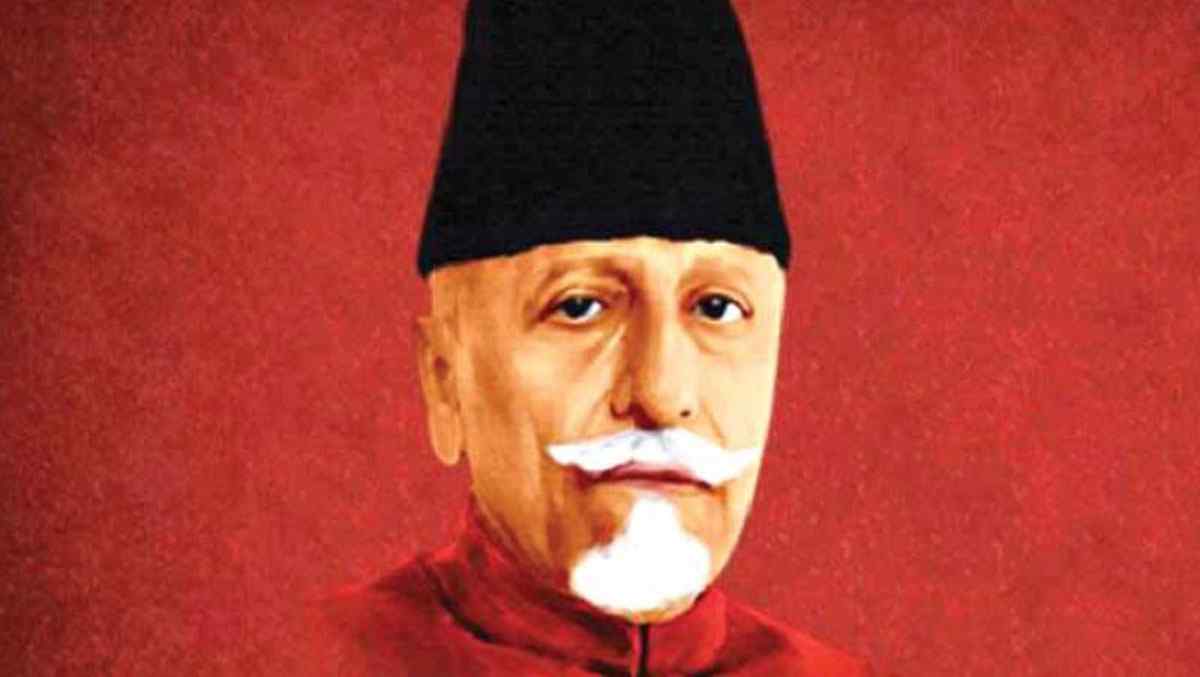Who was the first education minister of independent India? The answer might surprise you – Maulana Abul Kalam Azad, Ansar Khan, Arjun Singh, and Anil Chatterjee. Let’s take a look at their key achievements and contributions. What do they have in common? Who would they be the most proud of? And why? We’ll answer those questions and more in this article.
Maulana Abul Kalam Azad
The first education minister of independent India, Maulana Abul Kalam Aza, was a prominent leader in the fight against the British in India. A noted scholar, activist, poet, and educationalist, he contributed immensely to the development of education in India. Today, many colleges are named after him, and 11th November is the National Education Day. Learn about the life and legacy of this inspiring leader!
Azad was born in Mecca. His father, Muhammad Khairuddin, was an eminent Ulama who converted to Islam in 1830. The family had settled in Mecca, where he had many followers. His father was a renowned scholar who left India during the Sepoy mutiny and migrated to Mecca. In 1890, he returned to Calcutta and joined the Congress. He was elected as a special session of the Congress in Delhi in 1921.
While the government struggled to implement education reforms, he established most of the country’s educational institutions, including the first IIT. The University Grants Commission was formed under his leadership in 1953. The Ministry of Education established the School of Planning and Architecture and the Indian Council for Cultural Relations. He also created some of the most prominent cultural academies in India, including the Lalit Kala Academy and the School of Planning and Architecture.
Arjun Singh
It is hard to imagine the dour-faced politician who rose to power as the first education minister of independent India surviving the years of war and political uncertainty. Arjun Singh’s abrasive personality made it difficult for him to get elected as the country’s education minister, but his leadership has served the nation well. His legacy will live on, and so will the state of Madhya Pradesh.
Before becoming the first education minister of independent India, Arjun Singh worked in the government of P.V. Narasimha Rao. He was a lawyer who attended Delhi University and Cambridge University. He received a doctorate degree in medicine from Cambridge University, making him one of the first immigrants from East India to achieve that status. However, despite his successful political career, Arjun Singh faced criticisms for corruption.
The decision to restrict the number of seats in Aligarh Muslim University to 50 percent for Muslims is an example of how he acted unilaterally. While the Left Front supported the ministry from the outside, it has not been so supportive of Arjun Singh’s actions. It is a clear case of a minister trying to garner Muslim votes by any means possible. It is a tragic episode, but one that should not have happened.
Ans
The first education minister of independent India, Abul Kalam Azad, was a passionate believer in pluralism, diversity, and liberal nationalism. Ansari, the Vice President of India, delivered the 43rd Maulana Azad Memorial Lecture on Western Asia, in 2009. During his tenure, he achieved a number of achievements. Among them was ensuring compensation for Gujarat riot victims, pushing for a review of riot victims in India since 1984, and denouncing the anti-Islamic remarks made by Pope Benedict XVI. During his tenure, he also challenged India’s decision to vote against Iran’s nuclear program in 2005.
Ansari’s education career began when he was just a child. After leaving a government-run school in his hometown, he established a national school in response to the call of the Indian National Congress. As a youth, Gandhi worked closely with the Indian National Congress, and he was arrested at age 16 for his involvement in the Non-Cooperation Movement and the Khilafat Movement. He later became an important member of the Indian National Congress and participated in the student agitations against the Simon Commission.
Maulana Azad was the first education minister of independent India. His policies were revolutionary, and he believed in free and compulsory education for every child. His education philosophy included free primary education for children until the age of 14. He was awarded the Bharat Ratna in 1992, and his legacy lives on. The education ministry has had many important leaders, but these five individuals deserve special recognition for their contributions to education in India.

